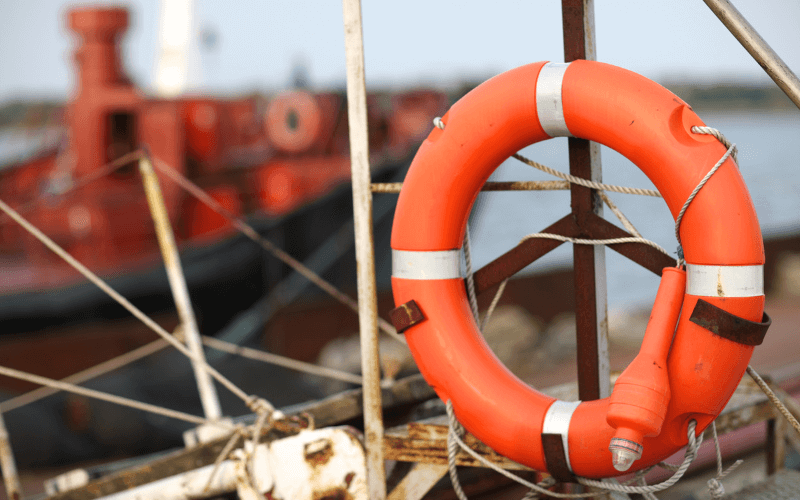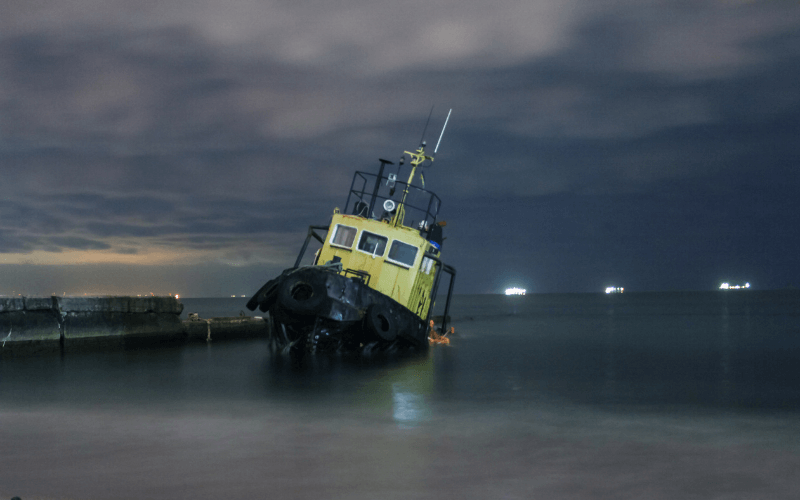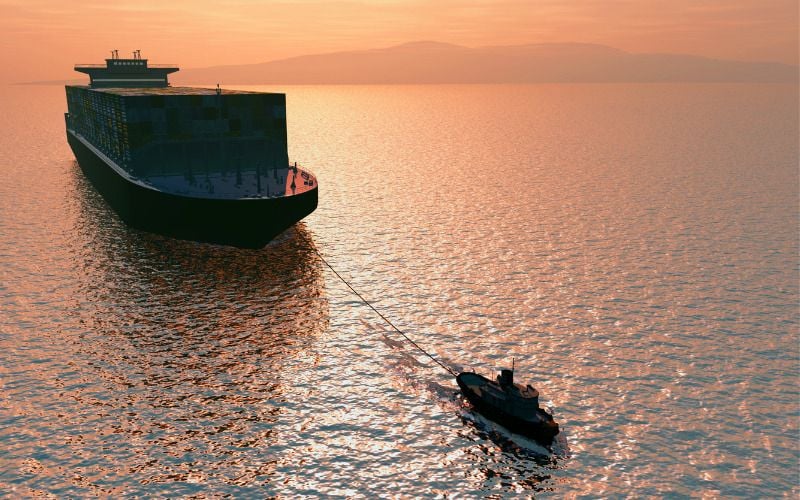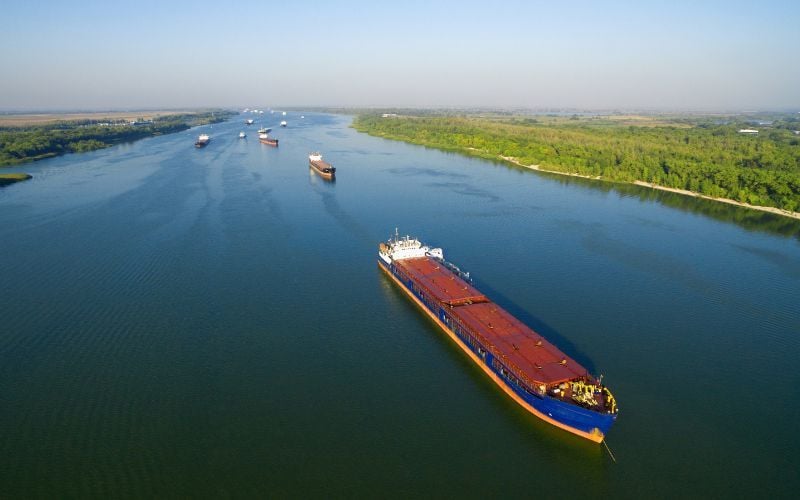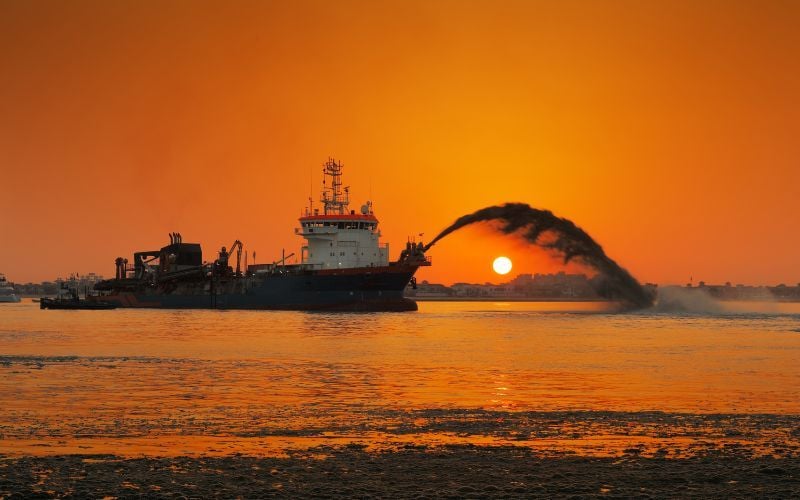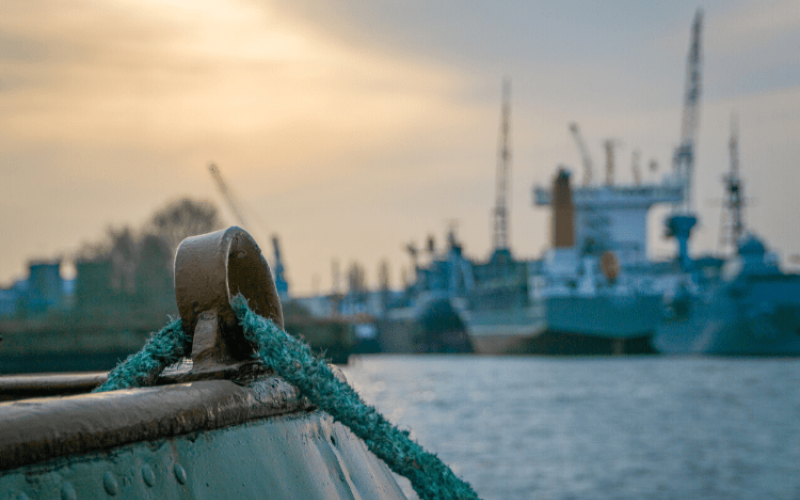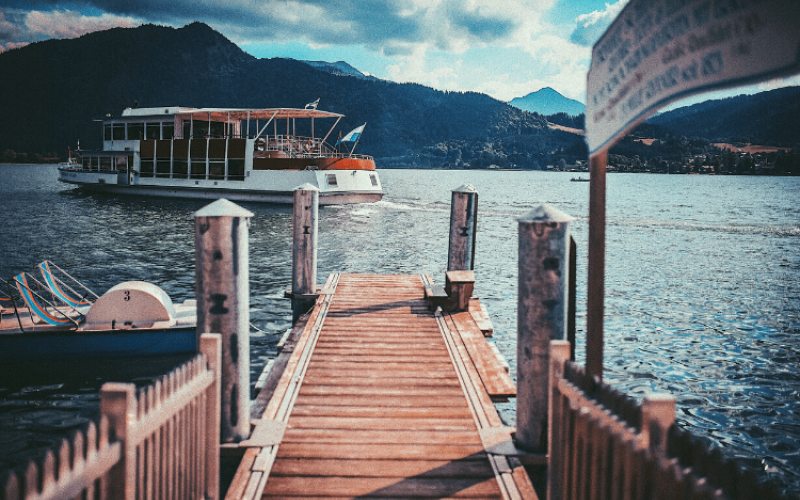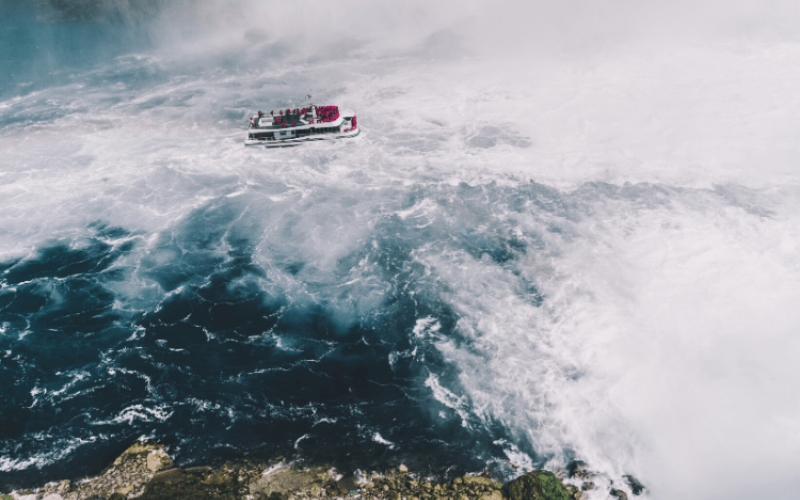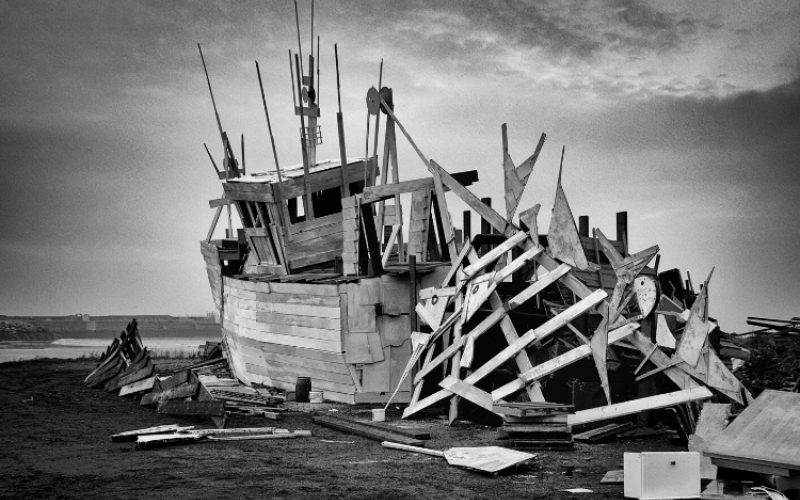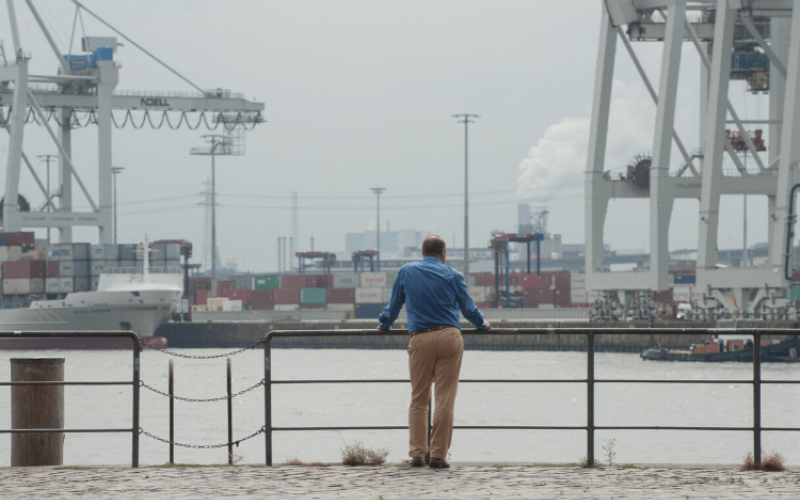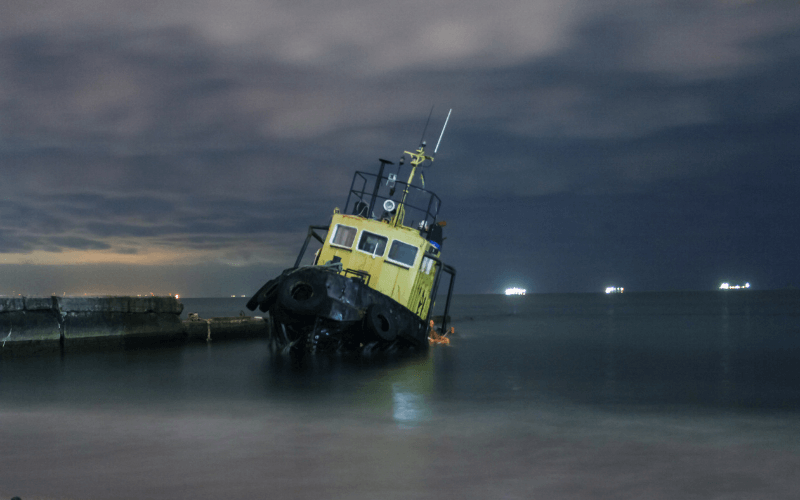What Happens When a Tugboat Sinks?
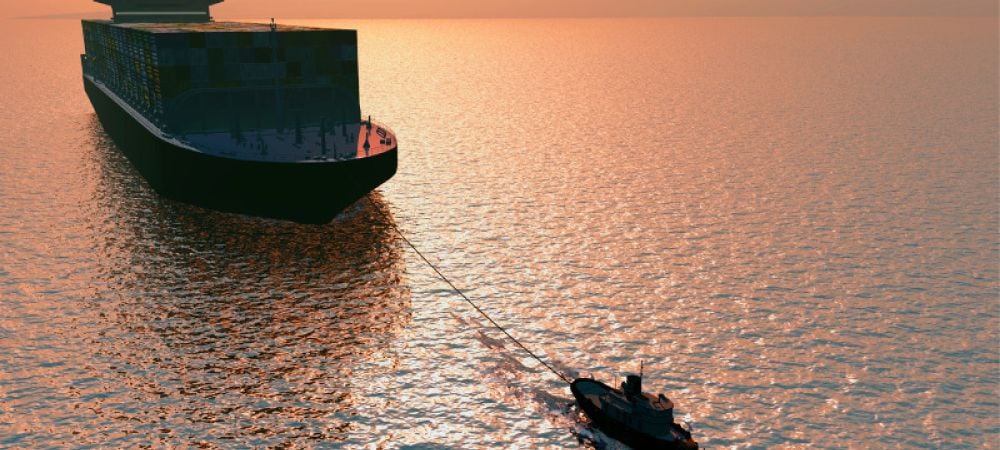
Maritime shipping is a key industry, especially along the East Coast. Tugboats play an essential role in the industry, and when one sinks, it often results in breaks in the supply chain. Not only does the sinking of a tugboat cause havoc for the channel it works in, but it also endangers lives.
The hardships seamen endure following a significant accident can be traumatizing. Imagine surviving a maritime catastrophe only to be confronted with complex insurance claims and potential threats to your career. Finding yourself in this situation can cause distress, leading to a myriad of questions about possible mechanical failures, structural defects, or human error.
This is why it’s important to know how tugboats can sink. If you or a loved one suffered a tugboat accident, you may be in need of a knowledgeable and experienced maritime tugboat attorney. Montagna Maritime Law can help you fight for the compensation you need and deserve. Call us today at 757.622.8056 to set up an initial consultation. Our attorneys serve injured seamen in Virginia, North Carolina, and Maryland.
What is the Main Purpose of a Tugboat?
The primary purpose of a tugboat is to guide or escort much larger vessels, such as cargo ships, into or out of port. These small vessels guide, tow, and push larger watercraft, such as ships and barges, that cannot propel themselves.
Tugs may guide larger vessels docking, mooring, passing through narrow channels, and during inclement weather. Other roles tugboats fill are salvaging, ice breaking, and carrying firefighting equipment.
How Seaworthy Are Tugboats?
Many people don’t view tugboats as seaworthy vessels. While primarily used to assist larger vessels, these smaller man-powered vessels have made ocean voyages with no issues. With its powerful propulsion system, a tugboat has enormous strength.
Due to the role they most often fill, most tugboats are designed with robust strength and watertight doors to handle rough conditions. Through the use of water propellers, a deep hull, and a pointy bow, tugboats get tough jobs done. Whether tugboats are seaworthy, however, will depend upon your definition of “seaworthy.”
Unfortunately, despite their strength, tugboats can be involved in accidents and sometimes sink, causing injury or death to those on or near the boat.
The Dangers of a Tugboat Sinking
Tugboats may sink due to mechanical problems, collisions, and capsizing. Capsizing can be caused by mechanical failure, extreme weather, and dangerous rough seas. When a tugboat sinks, there are several possible dangerous outcomes.
Loss of Life
Tragically, loss of life is a common outcome of a tugboat sinking. A crew member might be trapped inside the boat and drown, or crew members might be able to avoid dying when the tug sinks but then must contend with getting to shore safely or surviving until a boat can rescue them. In the process, they may suffer injury.
In 2021, two people died when a storm hit British Columbia and sunk a tugboat. The Canadian Transportation Safety Board conducted an investigation that concluded small tugboats are largely allowed to operate without frequent inspections. Canada officials also said many tugs are never inspected at all.
This is unacceptable and, sadly, also occurs in American tug-related accidents.
Environmental Issues
Damage to the environment often occurs when a tugboat sinks. Tugboat accidents are often accompanied by an oil spill. In recent trending news, a large oil spill occurred in Florence, Alabama. The incident happened in the waterway of the Tennessee River.
The Florence Police Department said that the fuel washing up at nearby McFarland Park resulted from thousands of gallons of diesel fuel spilled during the tugboat accident. Authorities cautioned swimmers to avoid the beach area until further notice while cleanup and an investigation occurred.
This latest news perfectly illustrates how damaging a tugboat sinking can be to the environment.
Wreckage
In the event of a tugboat sinking, localities much also contend with the wreckage. This task can be dangerous in itself, never mind the polluting elements released into the waters, which can further cause risk to people drinking or swimming nearby.
Common Reasons Tugboats Sink
A tugboat might sink in a number of different ways. The following are a few of the most common reasons a sinking occurs.
- Collisions. Even the most careful captains are involved in unexpected collisions.
- Mechanical issues. Equipment can be defective, not maintained, or simply old, leading to failure.
- Human error. Unfortunately, humans can make honest errors or act negligently in ways that lead to a tug sinking.
- Hazards. Slips, trips, and falls, along with other types of hazards, are common occurrences on tugboats.
- Capsizing. Capsizing is a real risk and the leading cause of injury or death in tugboat accidents.People often think dredging or construction activities are to blame for tugboat accidents, but the reality is hundreds of tug incidents are unrelated to these two industries. According to the U.S. Coast Guard, in 2017 there were 934 towing vessel incidents that were not related to either activity.
Who is Typically Liable for a Tugboat Sinking?
In the event of a tugboat sinking, the liability may or may not be cut and dry, and there may be some limitations. Depending on how the vessel sank, liability may point to an employer, tugboat owner, or another third party.
Working with a skilled maritime lawyer can help determine liability in your case. Your attorney will evaluate the situation, gather evidence, and investigate to determine liability. Once liability is established, you can file a claim for financial compensation.
What Happens to the Job Security of the Injured Person?
As an injured person, you may want to file a Jones Act claim to receive benefits to help pay for your lost wages and medical bills. In most instances, under the Jones Act, employers are obligated to pay no-fault benefits, referred to as “maintenance and cure.” These benefits can provide you with some financial security while your case plays out in legal channels.
How Settlements Are Calculated for These Types of Accidents
Maritime accidents involving tugboats are often complex. It’s difficult to estimate a dollar amount immediately, as it could be low compared to your future medical bills. When calculating settlements, you’ll want to consider damages such as financial loss, potential disability, and medical expenses. If you suffer injury or loss of a family member due to a tug accident, it’s a good idea to speak with a knowledgeable maritime injury attorney as soon as possible.
Why Should I Hire a Tugboat Accident Attorney?
Your tugboat accident lawyer can serve as your legal advisor, ally, and advocate. Experienced maritime attorneys are skilled at navigating the complexities associated with American maritime law. Your lawyer will protect your rights and aim to secure appropriate compensation. In the unpredictable legal aftermath of such incidents, your attorney can provide the necessary guidance to reach a more favorable outcome for you and your family.
Stay Afloat in the Aftermath of a Tugboat Accident
Were you or a loved one a victim of a tugboat sinking? You don’t have to suffer alone. The compassionate attorneys at Montagna Maritime Law are here for you. To schedule a case evaluation with our law firm, call us at 757.622.8056 or fill out our online contact form. We represent maritime workers in Virginia, North Carolina, and Maryland.
"*" indicates required fields


